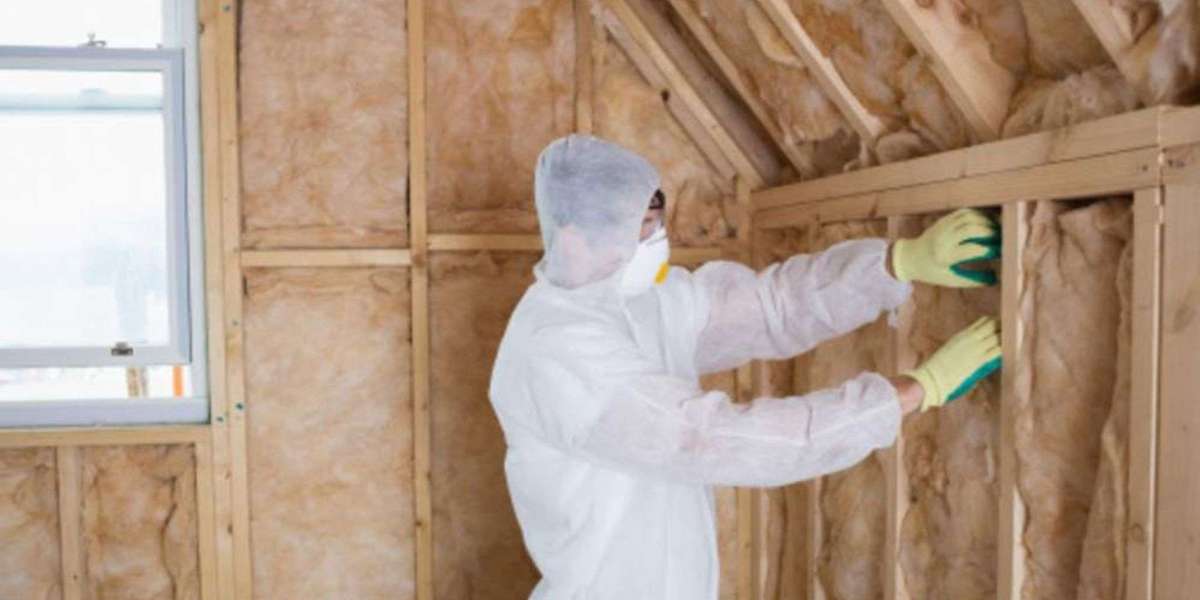The moisture level in a house depends upon the integrity of a home, especially in wet climatic regions like Tallahassee, FL. Amongst the many options for managing moisture levels, spray foam insulation is one of the most effective ways to control moisture levels in a house. This blog will explain how spray foam insulation works to prevent moisture levels and improve living quality among the residents of the region.
Understand the Role of Insulation in Moisture Control
Insulation is not just a temperature regulator; it plays a very important role in moisture control. Accumulation of moisture within a home leads to serious problems such as mold growth, structural damage, and energy efficiency. Spray foam insulation seals your home from outside air while also acting as a barrier against moisture.
What is Spray Foam Insulation?
Spray foam insulation is a high-performance insulating material that expands as it applies, fills gaps and cracks and seals hard-to-reach places, thus making them tight. There are two categories in the broad sense.
Open-cell spray foam: An open-cell spray foam acts as a lightweight and porous insulation which absorbs little to negligible water. It usually recommended for indoor moisture management.
Closed-cell spray foam: High-density and impermeable foam mimics the action of a vapor barrier with excellent moisture management for damp environments.
Both types assist in moisture control, however, closed-cell spray foam has certain preferences for damp weather conditions similar to Tallahassee.
Why Moisture Control is Important for Homes in Tallahassee?
Tallahassee's humid climate is present throughout the entire year, making it almost perfect for moisture-related problems. If there is not enough insulation, the homeowner may face a series of hazards such as:
Mold Growth: Excessive moisture enhances the growth of mold and mildew, which are hazardous for health and decrease indoor air quality.
Structural Damage: Moisture can damage woods, drywalls, and other things in your house, with high repair costs.
Energy Inefficiency: Moisture can weaken your home's thermal barrier, increasing the workload of your HVAC system and energy bills.
Spray foam insulation will protect your home from such potential problems.
How Spray Foam Insulation Works to Control Moisture
Spray foam insulation provides comprehensive control over moisture through several mechanisms:
1. Sealing Air Leaks
Moisture entry points are the major air leaks into your home. Spray foam expands and seals all crevices perfectly, giving an excellent barrier against the entry of air and water vapor.
2. Acts as a Vapor Barrier
The cellulose spray foam develops a closed-cell, water barrier layer that cannot allow moisture to pass through walls, ceilings, and floors. This is particularly useful in the basement, crawlspace, and other damp-proofed areas.
3. Condensation Minimization
It may also lead to condensation from interior to exterior air if a temperature gradient is developed in such climates. Spray foam insulation in this regard proves useful, as it maintains the internal temperature at a relatively uniform rate, ensuring that opportunities for condensing on surfaces are minimized as well.
4. Effective Drainage Systems
Application of Spray Foam to Roofs or Exterior Walls Enha








